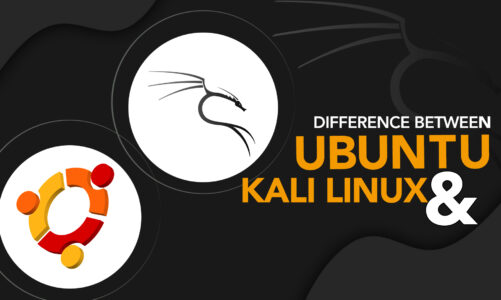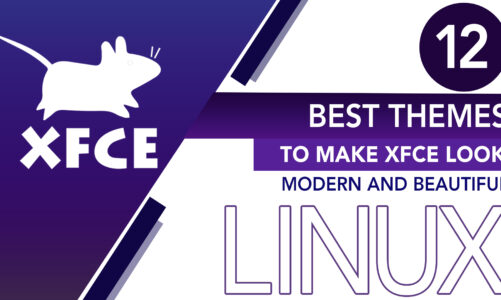Solaris and Linux both are Unix-like Operating Systems. Linux is the most installed operating system as Android is an application of Linux. Additionally, Linux is extensively used because of its open-source nature. On the contrary, Solaris is not free but provides stability and high throughput.
In this article, we will compare and explore the distinctions between Solaris and Linux.
What is the Linux Operating System?
Linux is a free, open-source, lightweight, modular, Unix-based operating system packed in distributions, e.g., Debian, Arch Linux, Slackware, Fedora, RedHat, etc. In Linux, each distribution addresses a problem and each Linux distribution has its derivatives. Additionally, each Linux distribution provides different stacks of software tools and desktop environments and has dedicated users.
Linux focuses on security and stability and is popular to use in servers and other critical applications. As Linux is lightweight, it can be used on low-end machines. It is even used in Android and embedded systems.
What is the Solaris Operating System?
Solaris is a Unix-based OS developed by Microsystems in 1992. It was initially an open-source OS but later it was acquired by Oracle in 2010 and renamed to Oracle Solaris. Since 2010, Solaris has required a license. It is mostly used in data center applications and service management facilities. SunOS file system, ZFS is dependable, faster, and a powerful file system.
Linux vs. Solaris: What’s the Difference?
We will discuss the differences between Solaris and Linux Operating Systems below:
- Release: Linux was developed in 1991 by Linus Torvalds while Solaris was released in 1992 by Sun Microsystems.
- License: Linux is free and open-source while Solaris requires a license. However, it offers a free trial version.
- Distribution: Linux has many distributions while Solaris has no distribution.
- Development Language: Linux is developed in C language while Solaris is developed in C++ and C.
- Uses: Linux is primarily used for Smartphones and Embedded devices while Solaris is mainly used for service management.
- Software Support: Linux has regular software updates while software updates in Solaris are released in batches.
- Stability: Linux provides less stability as compared to Solaris.
- Throughput: Solaris has higher throughput as compared to Linux.
- Platform: Linux is a platform-independent OS, e.g., it supports IBM Power and Z Series while Solaris is not accessible on all platforms. Solaris supports SPARC and PowerPC.
- Installation: Linux installation is simple (Kickstart installation) while Solaris requires an automated installer.
- Management: Solaris has a system management facility (SMF) while there is no management facility in Linux.
- Compatibility: There is excellent binary compatibility in Solaris while binary compatibility in Linux is good.
- Upgrade: Linus is updated using upgrade tools while Solaris is updated with software updates.
- Scheduling: There is basic scheduling in Linux while there is a wide range of scheduling in Solaris.
- Safety and Performance: The performance of Solaris is better than that of Linux although the performance of Linux is decent.
- Administrator Ability: The administrator ability of Solaris is better than that of Linux.
- Support: Linux support is provided by Red Hat while Solaris support is provided by Oracle.
Conclusion
Linux is the most downloadable Operating System and can run on low-end machines due to its lightweight. On the contrary, Solaris is secure, simple, and cloud-friendly. In this article, we have discussed Linux and Solaris Operating systems along with their head-to-head comparison. We can choose an Operating system among them depending on our requirements.


